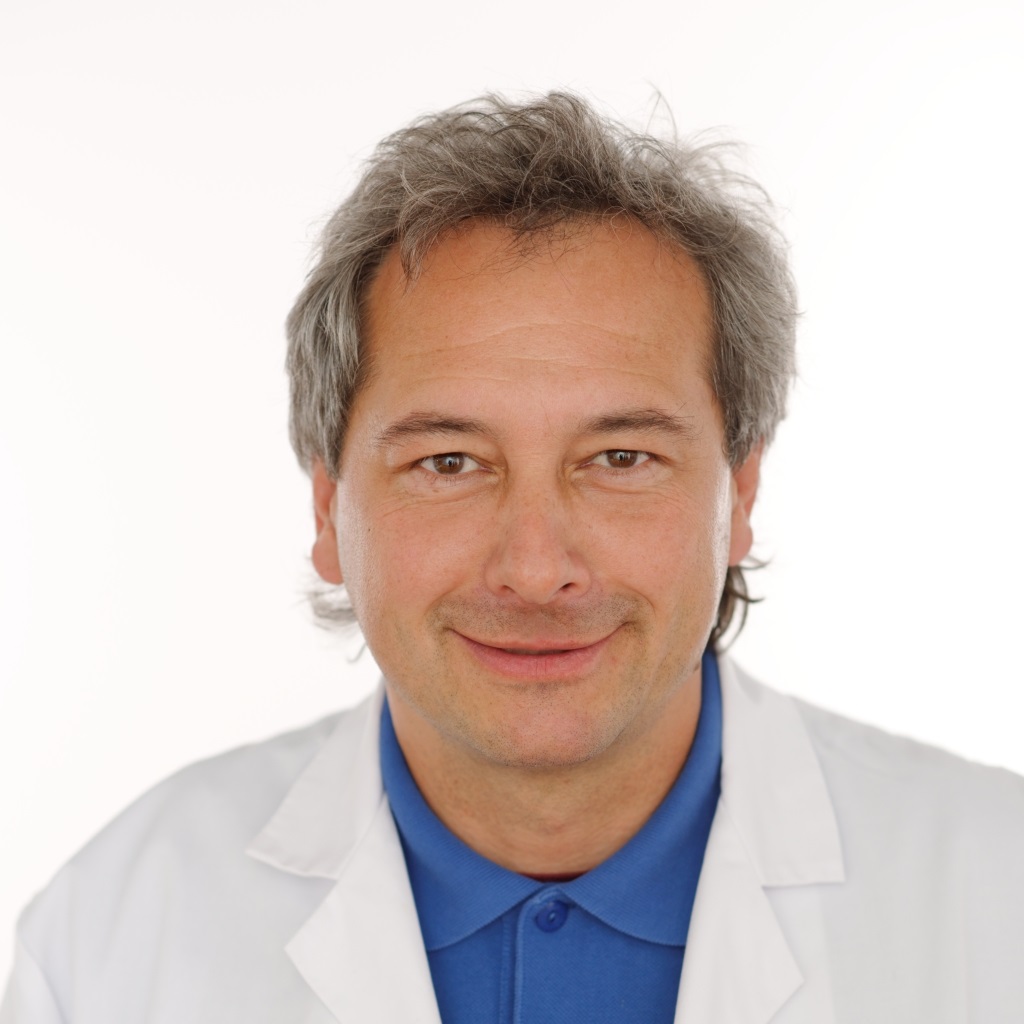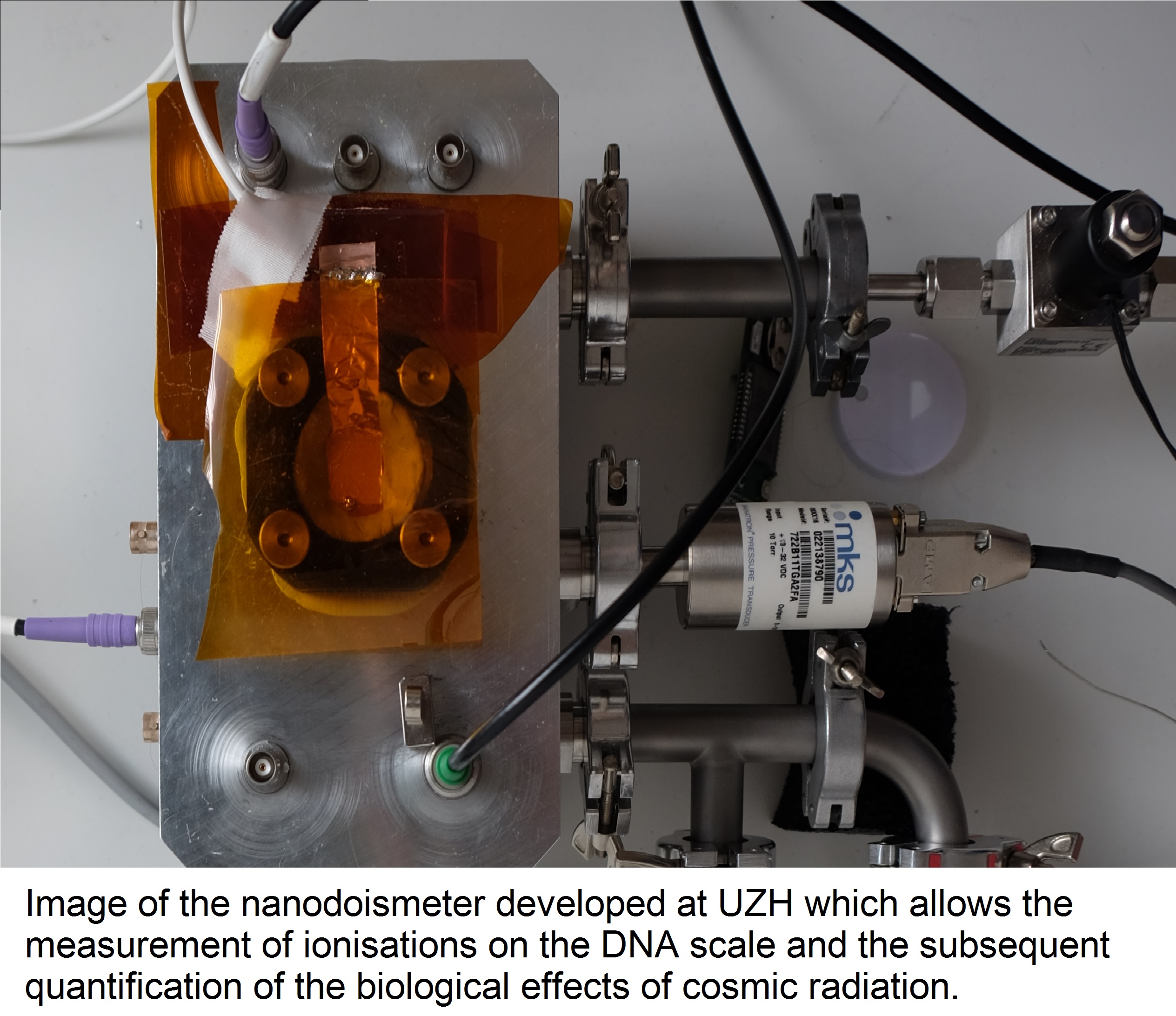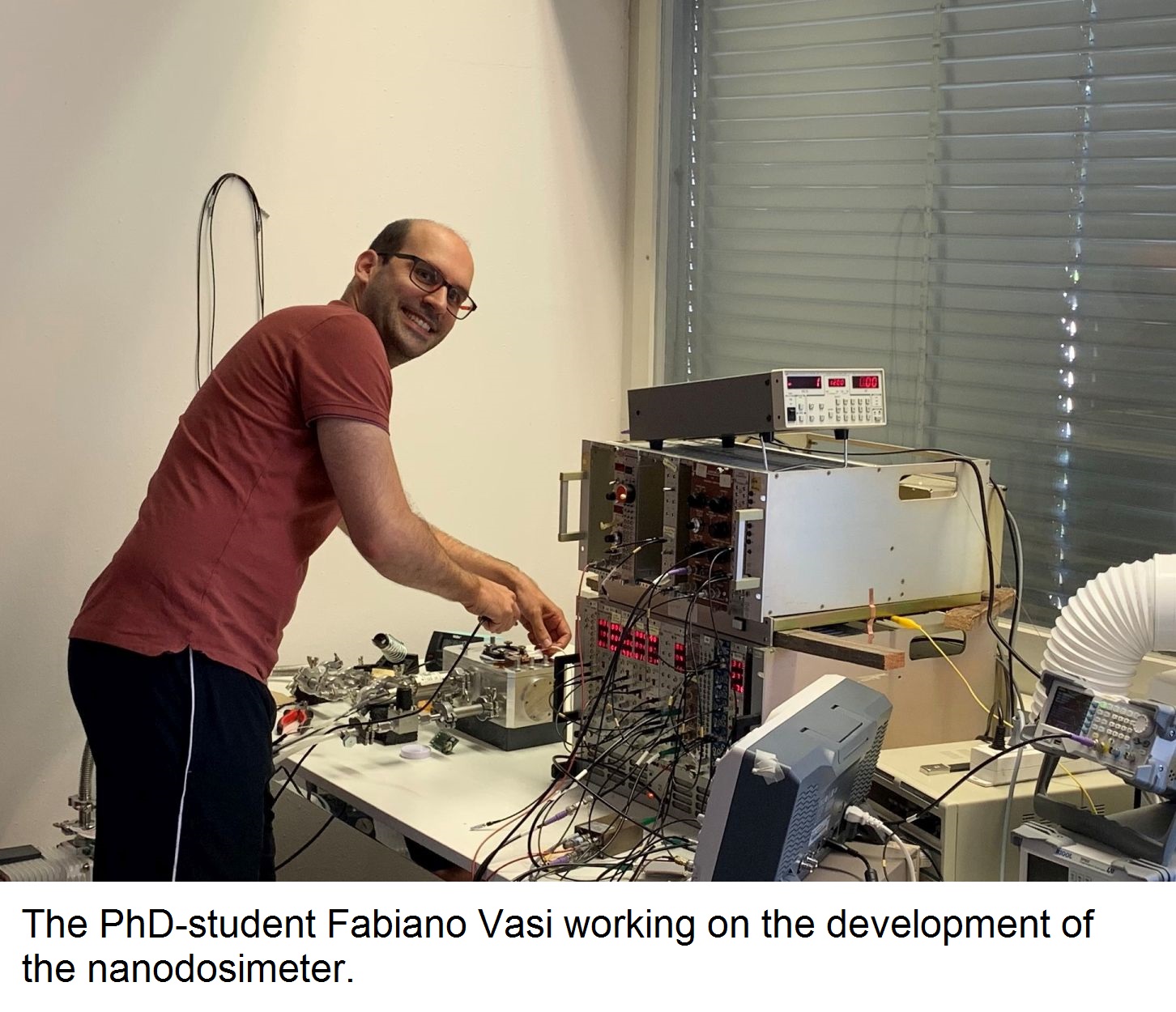Navigation auf uzh.ch
Navigation auf uzh.ch
This month we have interviewed Uwe Schneider, professor in the Medical Physics and Radiation Research at the University of Zurich. His research focuses on Space Radiation, an interdisciplinary science that includes the examination of biological effects of radiation on organisms. Want to know more? Read further!

What is the main area of your research?
Medical Physics and Space Radiation Research. We are studying two main topics: the quantification of biological damage from solar radiation and the galactic cosmic rays and the development of radiation protection models to estimate the long term health risks to astronauts from mission exposures. Our research is based on bio-physical experiments and theoretical calculations. Ionization measurements are essential in reliable quantification of biological effectiveness of space radiation. A nanodosimeter for measuring the number of ionizations of space radiation in DNA structures is under development.

What did bring you to the Space sector?
I am working at Hirslanden Radiotherapy treating cancer patients with radiation. A potential side effect of our patients is the induction of a second tumor by the radiation treatment itself. The clinical developments to understand and reduce this risk for our patients can be applied also to Space Research in order to quantify and reduce the risk of radiation induced cancers in astronauts. This overlap of research in radiotherapy and space radiation brought me to the space sector.

What do you like most about your job?
I like most the very satisfying combination of the clinical part of my work which helps patients who are very ill, and the research part, were experimental innovation and mathematical beauty of models can help to solve problems related to Space Radiation.
What do you like most about Space?
I find it fascinating that our ability of rational thinking allows us to understand what is happening not only at the huge cosmic dimension, but also on the nanometric scales of the DNA in organisms. Space Radiation Research includes all these aspects. This was also the reason why I studied in my Diploma thesis the dynamics of rotating stars.
What would be the greatest achievement in the Space Sector?
People think usually that the limitation of long term space travel is a technical issue. However, even if we could develop space ships for long term space travel as shown in many science fiction movies, the astronauts would be dead or suffer from severe radiation injury until they arrive at their destination. Therefore I believe one of the greatest break-troughs in the Space Sector would be a solution for the Space Radiation problem.
You are part of the UZH Space Hub: What do you think this will mean for you and your research?
From my work in a hospital I know that an interdisciplinary approach is essential for successful research and development. I believe therefore that successful space research is only possible in an interdisciplinary setting as it is provided by the UZH Space Hub.